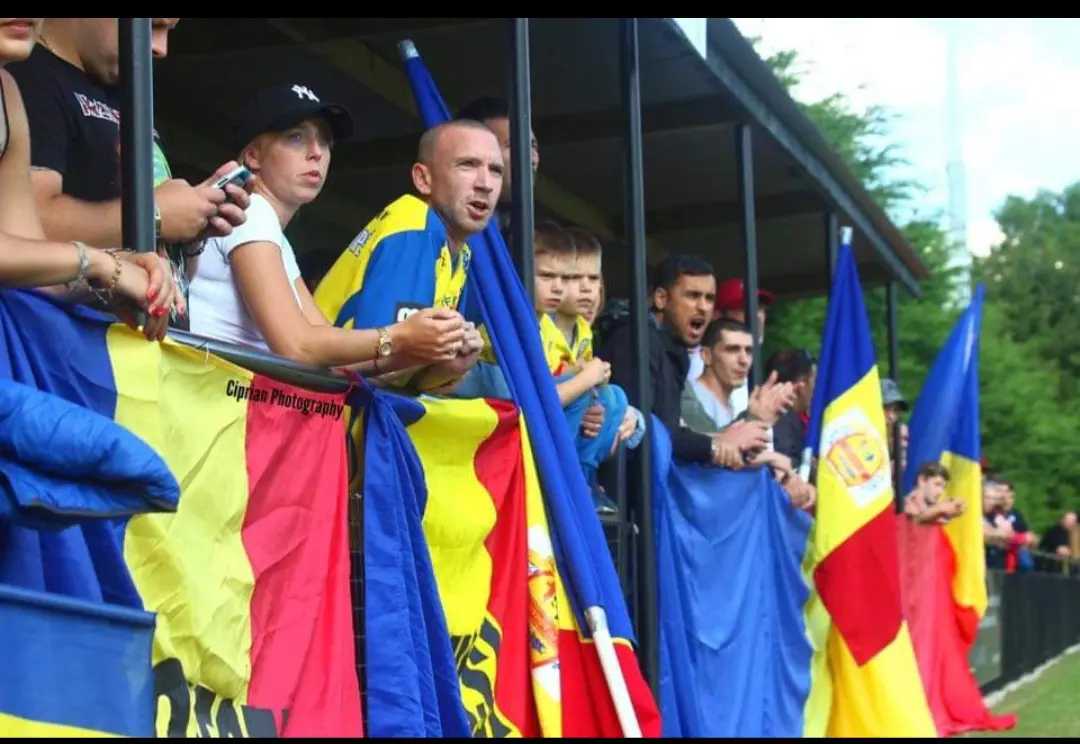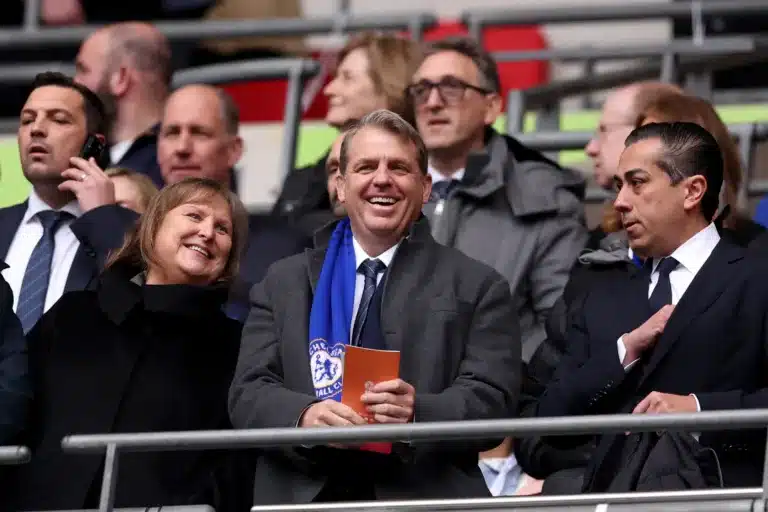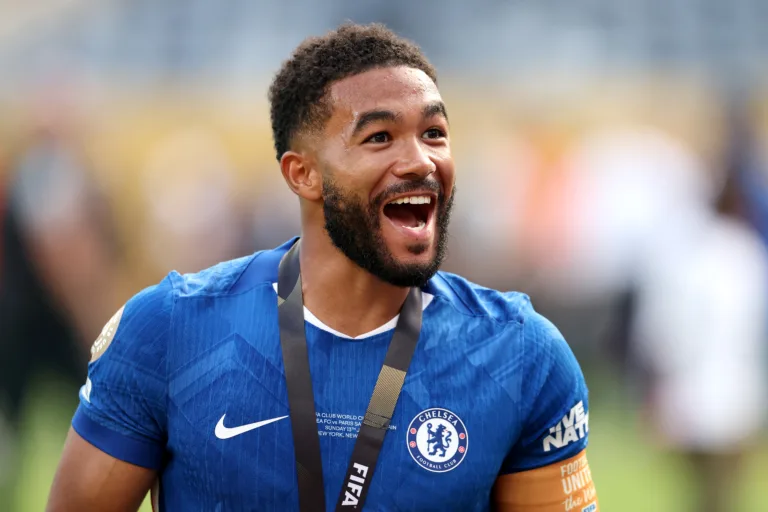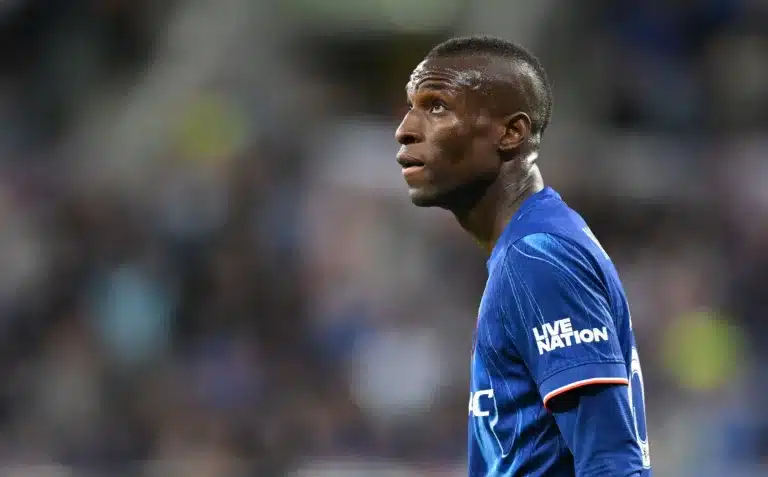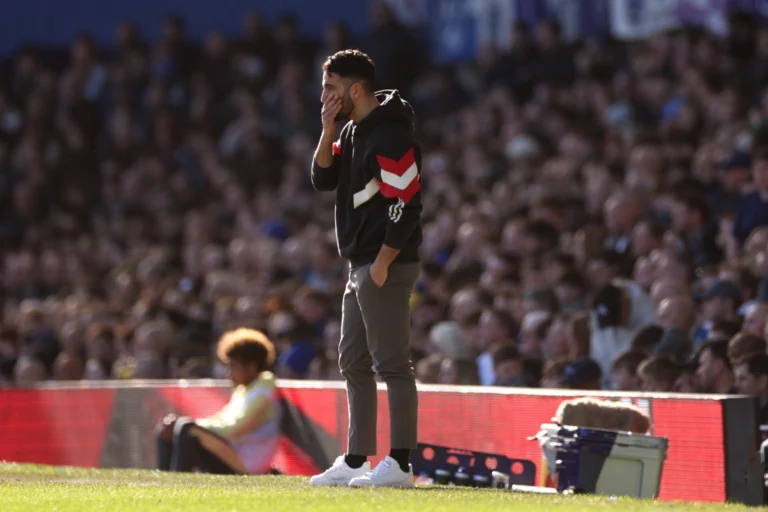Rooted in Pride, Driven by Passion: FC Romania
In 2006, a small group of Romanian friends in London formed FC Romania with little more than a football and a shared dream. What started as a weekend hobby soon grew into something bigger—a beacon of pride for the Romanian community in the UK, a lifeline to their homeland, and an unexpected journey up the English football pyramid. But for all their progress, survival has been anything but guaranteed. At times, FC Romania has come dangerously close to folding, forced to the brink by financial struggles that could have easily ended the dream.
Just last year, the club was on the verge of pulling out of English football, saved only by a last-minute intervention from a Romanian-owned business. Yet, through sheer grit, community support, and a few timely rescues, FC Romania is still standing and growing—still fighting for the dreams of Romanians in the UK. Behind this remarkable journey is the vision and determination of Ionut Vintilă, the club’s founder, manager, and CEO.
I recently had the chance to speak with Ionut about the club’s origins, challenges, and future for FC Romania.
From Humble Beginnings to the Football Pyramid
FC Romania’s creation wasn’t driven by grand ambitions at the start. Instead, it was a way for a group of friends to enjoy football after a hard week of work. “When we founded the football team, it was through a group of friends that played together,” Ionut recalls. “We didn’t have big dreams at the time, just the idea to relax on weekends in an organised setting.”
He registered the club in local Sunday League competitions and gave it a name that carried the pride of its origins—FC Romania. “I chose a strong name, FC Romania, because we are proud of where we come from,” he says. Over time, however, something special began to happen. “The team got stronger every year, and I started setting higher goals for the club.”
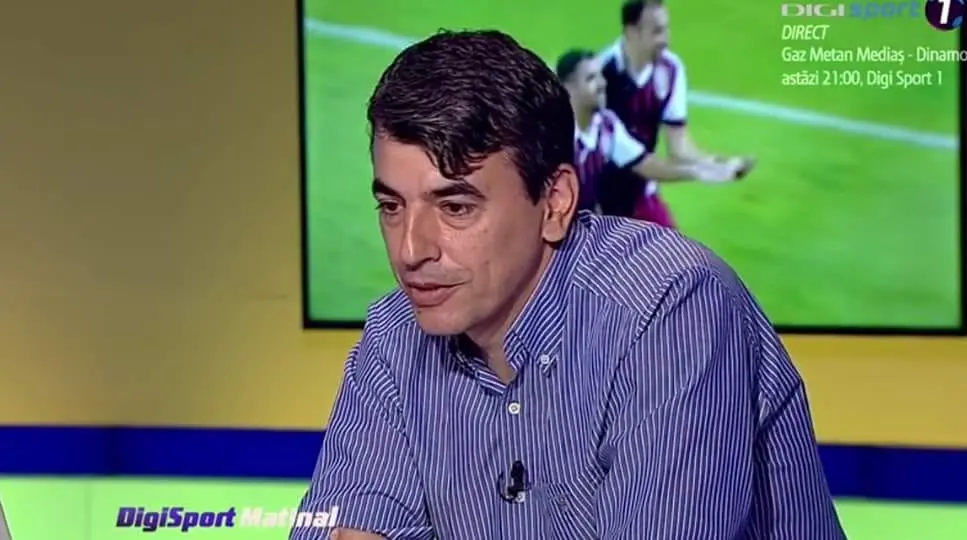
From these modest beginnings, FC Romania gradually moved up the football pyramid, winning promotions and cups. They rose as high as Step 4 in the English system, with impressive participation in national competitions like the FA Cup, FA Trophy, and FA Vase. “When I started seeing our name in national competitions, I knew we had achieved something,” Ionut reflects. “But it wasn’t easy. Each year we were tested both on and off the pitch.”
A Balancing Act: Football and Work
For much of the club’s existence, FC Romania’s players, including Ionut himself, have balanced full-time jobs with their passion for football. “In the beginning, most of our players worked in construction during the week,” Ionut explains. “It was tough—imagine spending all week on a construction site and then giving everything on the football pitch on the weekend.”
However, the club’s semi-professional status has attracted more diverse players, and these days only a handful of them still work in construction. Despite the demanding schedules, Ionut’s dedication and open communication with his players have kept the team together. “My passion for football and my dedication to this club have been key in balancing everything,” he says. “I’ve built relationships with players based on trust and honesty, and that’s helped us overcome the tough times.”
Facing Challenges: Financial Pressures and Recruitment
One of the biggest hurdles FC Romania has faced over the years has been financial stability. Ionut is candid about the constant battle to keep the club afloat. “Only with God’s help have we survived,” he says with a mix of relief and gratitude. “There were moments, like last summer, when we were so close to withdrawing from English football.”
After years of hard work and sacrifice, FC Romania were close to collapse. Despite their grit and dedication, the financial strain had become overwhelming. With player costs, travel expenses, and stadium rental fees mounting, the club was hanging by a thread. Ionut knew that without a miracle, FC Romania would have to pull out of English football altogether—a heartbreaking prospect for a team that symbolised pride and hope for the Romanian community in the UK.
In 2023, the club faced a critical moment, it was in the club’s darkest hour that salvation arrived through the last-minute intervention of a Romanian construction business group, AC1 Construction LTD, owned by Adrian Craciun. “On the last day, I announced we couldn’t continue due to financial problems. Then, at the eleventh hour, we were saved,” Ionut reveals.
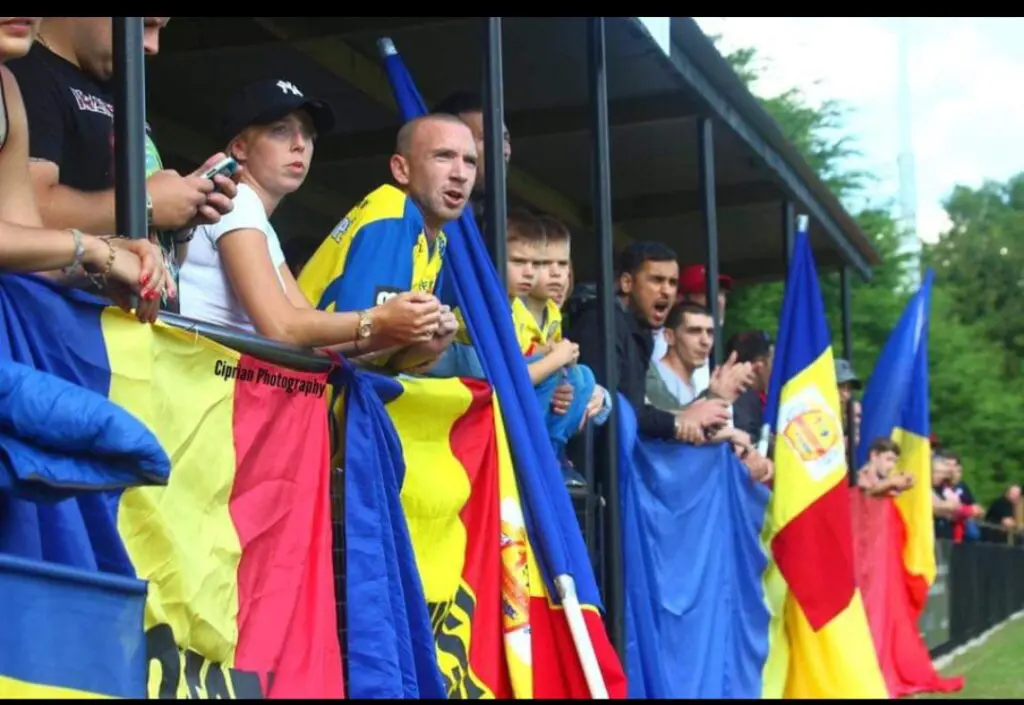
Player recruitment has also been a challenge. Competing with clubs that have larger budgets and better facilities has made it difficult to attract and retain top players. “It’s tough when you’re going up against clubs that have more resources,” Ionut admits. “But we’ve always focused on building a team that’s committed and passionate, and that’s helped us in the long run.”
The Role of Sponsorships in Non-League Football
Sponsorships have been critical to the survival of FC Romania, particularly in the semi-professional ranks where financial margins are tight. The club’s partnership with AC1 Developments has provided much-needed funding, but Ionut continues to explore other avenues to ensure the club’s long-term sustainability.
“We’ve had moments where we were on the verge of shutting down,” Ionut admits. “But with the right sponsors and the backing of the Romanian community, we’ve been able to keep going.” As the club looks to grow, finding consistent and reliable sponsors will be key to securing their future in the English football pyramid.
Ionut is always on the lookout for sponsors and is always willing to speak to someone who wishes to support the club’s cause. He provided his email for people to get in touch with if they wanted to support FC Romania: ionutvintilafcr@gmail.com
A Symbol for the Romanian Community
Beyond football, FC Romania has grown into a symbol of pride and unity for the Romanian community in the UK. The club serves as a way for Romanians to stay connected to their roots while integrating into British society. “When I first came here in 2005, it was hard,” Ionut remembers. “I worked in construction like many other Romanians, and the cultural differences made things difficult. But football gave us a way to feel connected.”
The club has not only provided a platform for Romanians to express their identity but also to build relationships with the local community. “Through football, we’ve been able to build bridges with British society,” Ionut explains. “We’re far from home, but we share the same passions and want to contribute positively to life here.”
For many Romanian immigrants, particularly the younger generation, FC Romania is a source of inspiration. “I want the club to be a role model,” Ionut says. “I want young Romanians to see that they can pursue their dreams here, whether that’s in football or anything else.”
The Fans: Passionate and Loyal
One of the most striking aspects of FC Romania is the fervent support of its fans. The Romanian diaspora in the UK has embraced the club, bringing flags, drums, and endless enthusiasm to matches. “Our fans, especially the Romanian ones, are incredible,” Ionut says proudly. “Their passion lifts the team, especially during tough matches.”
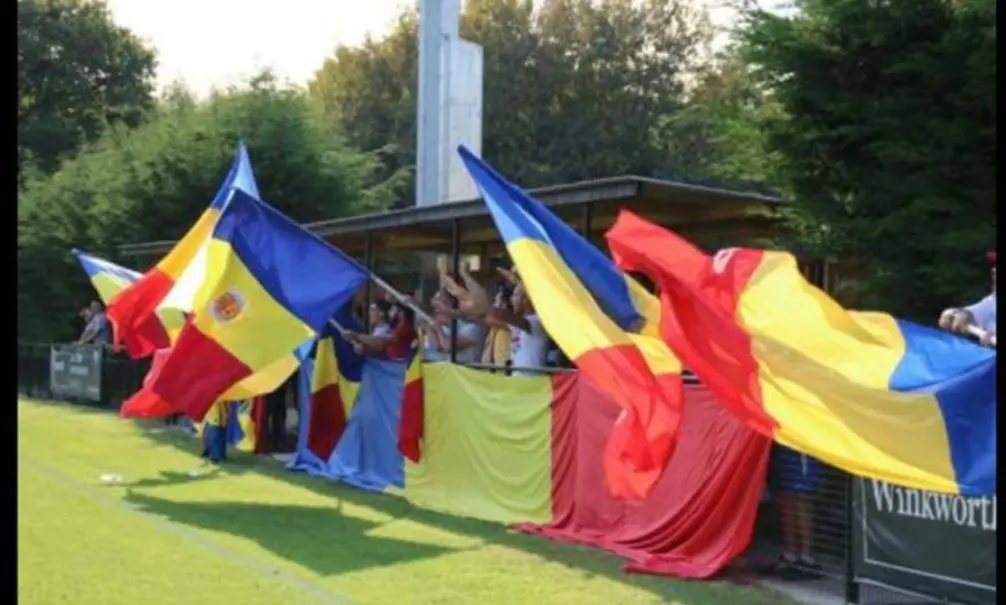
But it’s not just Romanians who support FC Romania. The club has also attracted British fans, many of whom feel a strong personal connection despite coming from different backgrounds. “I think what draws them to us is our sense of community,” Ionut reflects. “We’re an inclusive club, and we make sure everyone feels welcome.”
Challenges Brought by Brexit
One of the more recent challenges FC Romania has had to navigate is the impact of Brexit on immigration and visa regulations. Many non-league teams rely on attracting players from overseas, and for FC Romania, this has been especially significant given their strong Romanian ties.
“Brexit has made it harder for us to bring in talented players from Romania and other European countries,” Ionut admits. “The new visa rules have added an extra layer of difficulty for non-league clubs like ours.” Despite these challenges, the club remains committed to providing opportunities for local players and helping immigrants continue to pursue their footballing dreams in the UK.
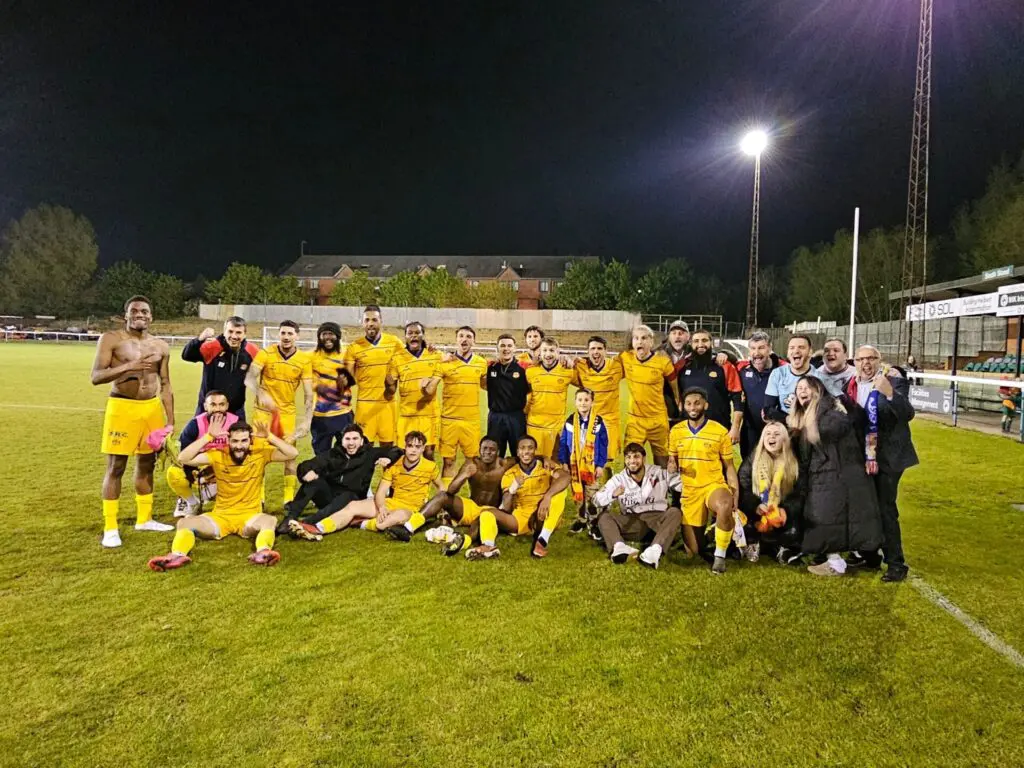
In the past FC Romania would have had a lot of former professional players, even having full internationals such as Claudiu Răducanu and Calvin Petrie turn out for them.
Currently, Ionut Ilies who played in Liga 2 in Romania, journeyman Stefan Balev, Romania U21 cap Marius Leca and former Tottenham academy prospect Zenon Stylianides, would be some of their most experienced players.
Youth Development: A Key to the Future
One of Ionut’s key ambitions for the future of FC Romania is to develop a strong youth academy. “We’ve already made strides with our FC Romania Academy project, which also involves four Romanian children’s academies,” Ionut says. “Developing young talent is crucial not just for the team’s future but for sustaining the club as a whole.”
With his UEFA Football Licence in hand, Ionut feels more prepared than ever to implement the systems needed to nurture young players. “The UEFA licence has been transformative for me,” he says. “It’s given me new ideas on how to structure the club and develop young talent, both technically and mentally.”
Youth development, in Ionut’s view, isn’t just about creating great footballers—it’s about giving young people opportunities. “It’s about building a future for the club and the community,” he adds.
Community Engagement and Outreach
Beyond its role in competitive football, FC Romania has become a vital part of the Romanian diaspora’s life in the UK. Ionut and the club’s leadership understand that football is more than just a game—it’s a vehicle for bringing people together.
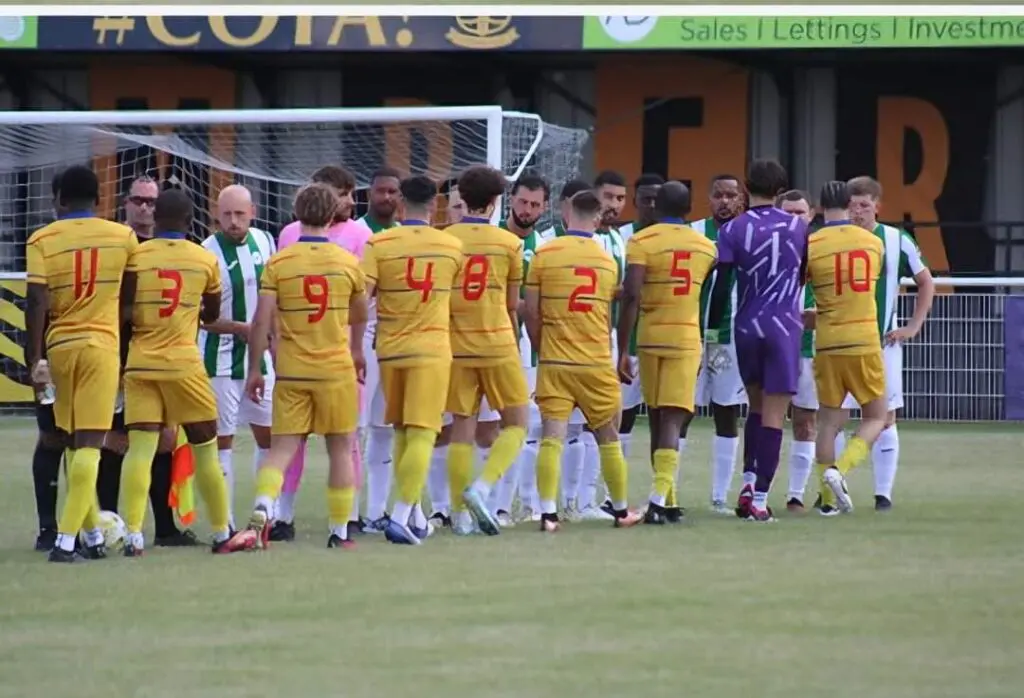
The club regularly engages in community events and outreach programs aimed at strengthening ties within the Romanian community, especially among younger generations. “We’ve organised youth football camps and cultural events to give back to our community,” Ionut explains. “It’s important to us that FC Romania not only represents Romanian football but also serves as a support system for our people living here.” This outreach extends beyond Romanians, as the club actively promotes inclusivity, embracing fans from all backgrounds who share a love for the game.
Cultural Significance of FC Romania
For many Romanians living in the UK, FC Romania is much more than a football team; it’s a symbol of cultural pride. The sight of Romanian flags and the sound of traditional songs being chanted at matches is a source of great joy for fans, many of whom have lived in the UK for years.
“When I see the flags and hear the chants, it reminds me that this club is more than just football,” Ionut says. “It’s about preserving our identity while contributing to the culture of our new home.” This balance of honouring their Romanian heritage while integrating into British football culture has made FC Romania a unique and important part of the UK’s football landscape.
Looking Ahead: A Vision for FC Romania
Despite the club’s many successes, Ionut is clear-eyed about the challenges that lie ahead. Financial stability remains a priority. “Our long-term goal is to build a sustainable model,” he says. “We’ve never had more than two years of financial stability, and that’s something we need to change.”
One way Ionut hopes to address this is by securing a permanent ground for FC Romania. “Right now, we rent facilities, and it’s a huge burden,” he explains. “If we had our own ground, it would solve a lot of our financial problems and give us a home we can call our own.”
In terms of the club’s aspirations on the pitch, Ionut remains ambitious. “We’ve reached Step 4, which is a great achievement,” he says. “But I believe we can go further.” However, he acknowledges that reaching the professional leagues will require significant improvements in areas like coaching staff, player recruitment, and facilities. “It’s a difficult road, but with the right support, I believe we can achieve it.”
A Family Club at Heart
For Ionut, FC Romania is more than just a football team—it’s an extension of his family.
“I joke that I have 25 sons and two blood daughters,”
he says with a smile. Balancing his commitment to the club with his personal life hasn’t always been easy, but Ionut has learned how to manage both. “My daughters understand why this means so much to me,” he explains. “In a way, they’re part of the journey too.”
As FC Romania looks to the future, Ionut’s passion and dedication remain undimmed. “We’ve come a long way, but there’s still more to achieve,” he says with determination.
“With hard work, passion, and the support of our community, I believe we can continue to grow and make a lasting impact.”


